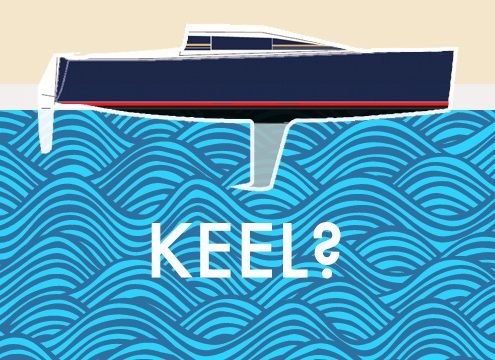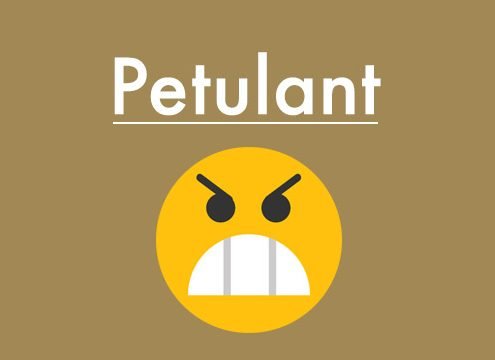Some verbs require an object and they are known as transitive (transitivo) verbs. An example is the verb “enjoy”: I enjoy opera. Other examples include:
- Shall I make lunch?
- Rajoy has offered Mr. Morales a job.
The Americans don´t always understand this and they often say “enjoy” and nothing else. A big mistake. An educated English mind would then say: enjoy what? Other transitive verbs are pull and slap (abofetear o dar una manotada), as in these examples:
- The engine pulled the two coaches (la locomotora arrastra dos vagones)
- She slapped his face (ella dio una bofetada a él).
Should you say “I slapped” and no more, you have spoken in an incomplete way.
The other type of verb is “intransitive” (intransitivo). Intransitive verbs do no need an object. Examples are “die” and “”weep” (llorar). Here are some famous examples:
- Thus with a kiss I die (Shakespeare, Romeo and Juliet).
- Jesus wept (St. John´s Gospel).
Some verbs can be both intransitive and transitive depending on the context. Take the verb “drink”:
- Juncker drank lots of wine.
- Juncker drank like a fish (un dicho – bebió como una esponja). Here we do not have an object, but the saying acts as an object:
How can you be sure whether the verb needs an object? It is simple: write the subject and the verb put a full stop. Then ask yourself “does it make sense”? Or better still (mejor aún) would it make sense to an Englishman?

















